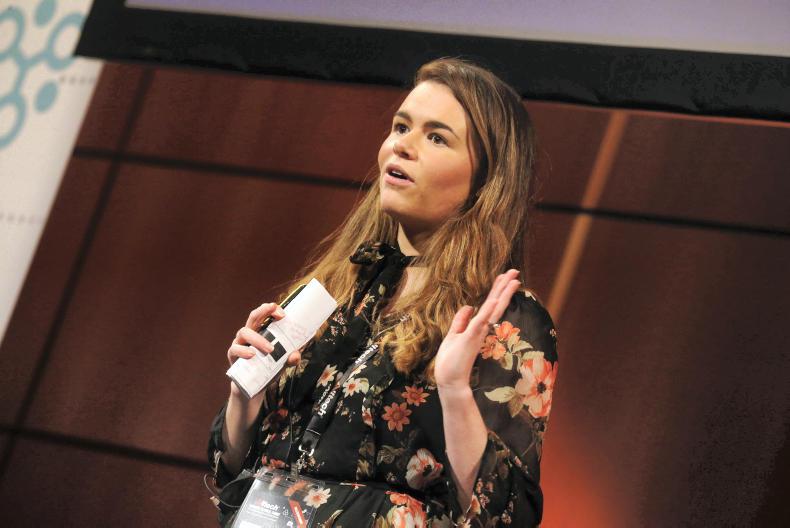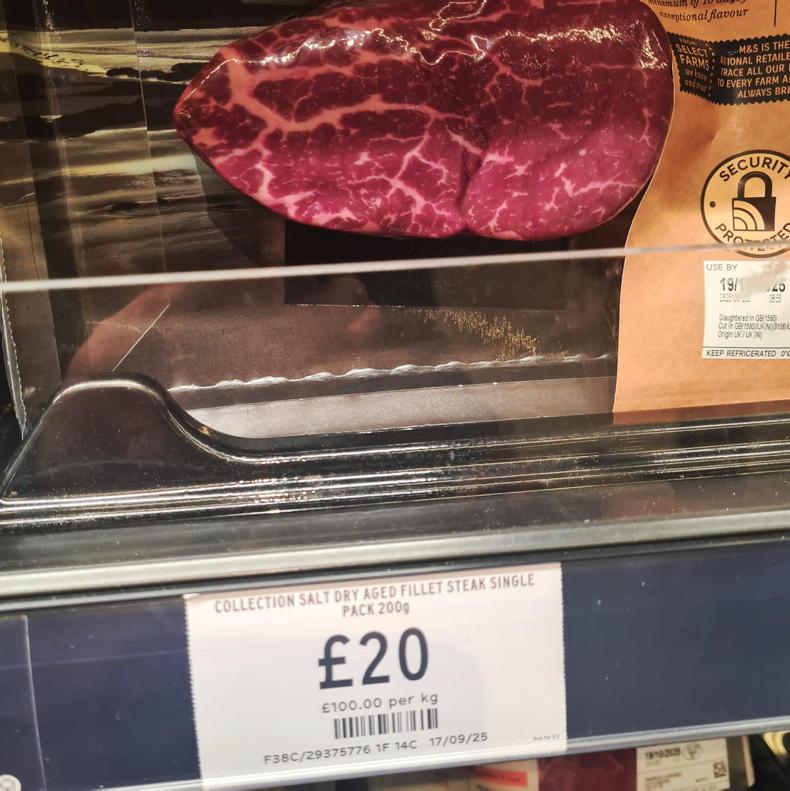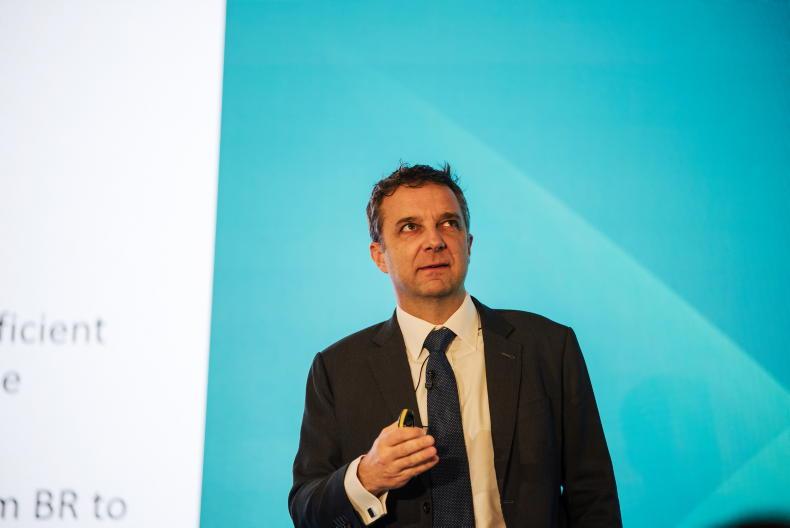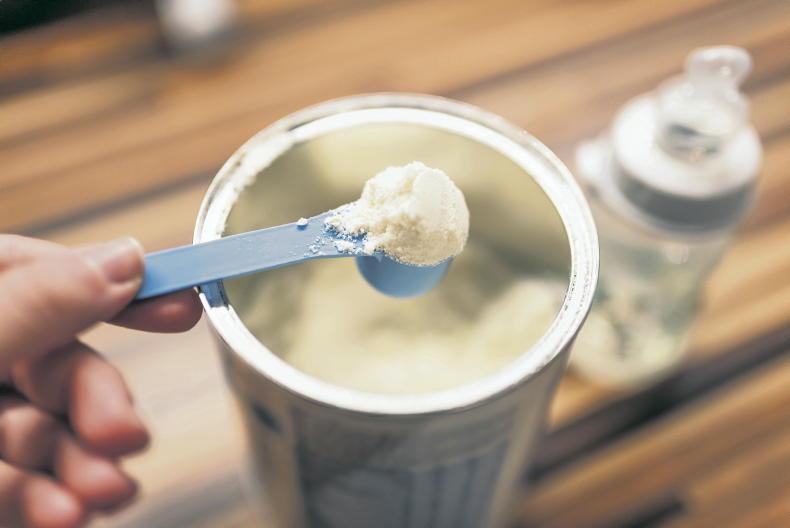What is your background?
I grew up on a suckler beef farm in Ballinlough, Co Roscommon. It was very much a typical west of Ireland farm with about 20 suckler cows, selling the cattle as stores and buying in a bull every couple of years. I studied applied animal science at Edinburgh University and joined Tesco five years ago, where I work as the agriculture manager for beef and lamb for Tesco UK.
Our lamb group comprises 400 farmers in the UK, while our sustainable beef group is made up of 1,200 Aberdeen Angus suppliers
What does your job with Tesco UK involve?
I liaise with farmers and meat suppliers for Tesco UK. Tesco has established 10 sustainable farming groups and I manage two of those, which are the beef sustainable farming group and the lamb sustainable farming group. Our lamb group comprises 400 farmers in the UK, while our sustainable beef group is made up of 1,200 Aberdeen Angus suppliers.
Tesco has no plans to
source beef from any other countries, such as in south America post-Brexit
Will Tesco look to cheaper producing countries for its meat supply post-Brexit?
Tesco sources all its beef from the UK and Ireland and all its lamb from the UK, Ireland and New Zealand. Tesco has no plans to source beef from any other countries, such as in south America post-Brexit. If we were to look at sourcing elsewhere, those countries, at a minimum, would have to meet UK standards in terms of quality, food safety and traceability.
How does Tesco calculate the prices for farmers in the lamb group?
Our 400 lamb producers are contracted and their lamb price is calculated on a cost-of-production model.
These farmers are given a guaranteed forward lamb price for the year based on their financial data that they submit to an independent third party. Last year, this price was above the average market price for lamb.
Is this the same for prices paid to farmers in the beef group?
Our 1,200 Aberdeen Angus farmers have ‘market plus’ contracts. These contracts allow the farmers to earn a premium on top of the factory beef price. Tesco will pay up to a maximum premium of £0.40/kg (€0.47/kg) on top of the beef price they are paid by the factory. This bonus payment is linked to a number of parameters such as the age of the animal, its weight band and whether the farmer has submitted antibiotic data for the animal in the last 12 months.
Consumers are not willing to pay more for food if it is sustainably produced
What consumer trends around meat do you see?
Consumers are more conscious about the environmental impact of how their food is produced. At the same time we can see that consumers are not willing to pay more for food if it is sustainably produced. Instead, we are seeing more flexitarian consumers, where many people are trying to cut down meat consumption by having one day of the week meat free. So while consumers are not willing to pay more, they are prepared to change their eating habits. The vegan movement is very vocal and noisy but this hasn’t translated into a drop in meat sales in our stores.










SHARING OPTIONS